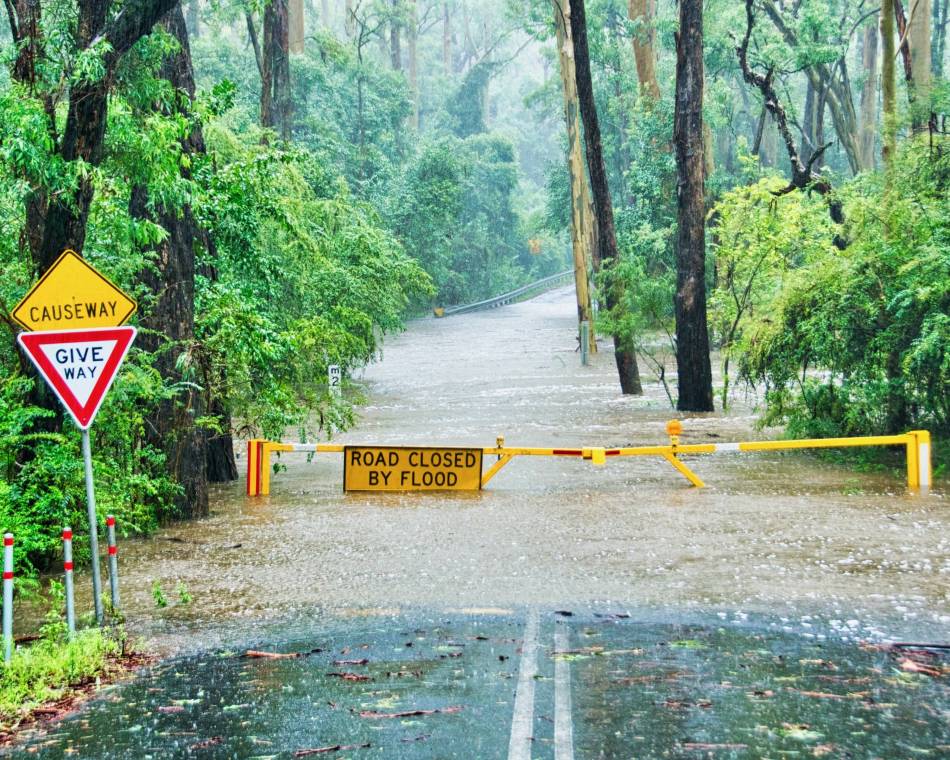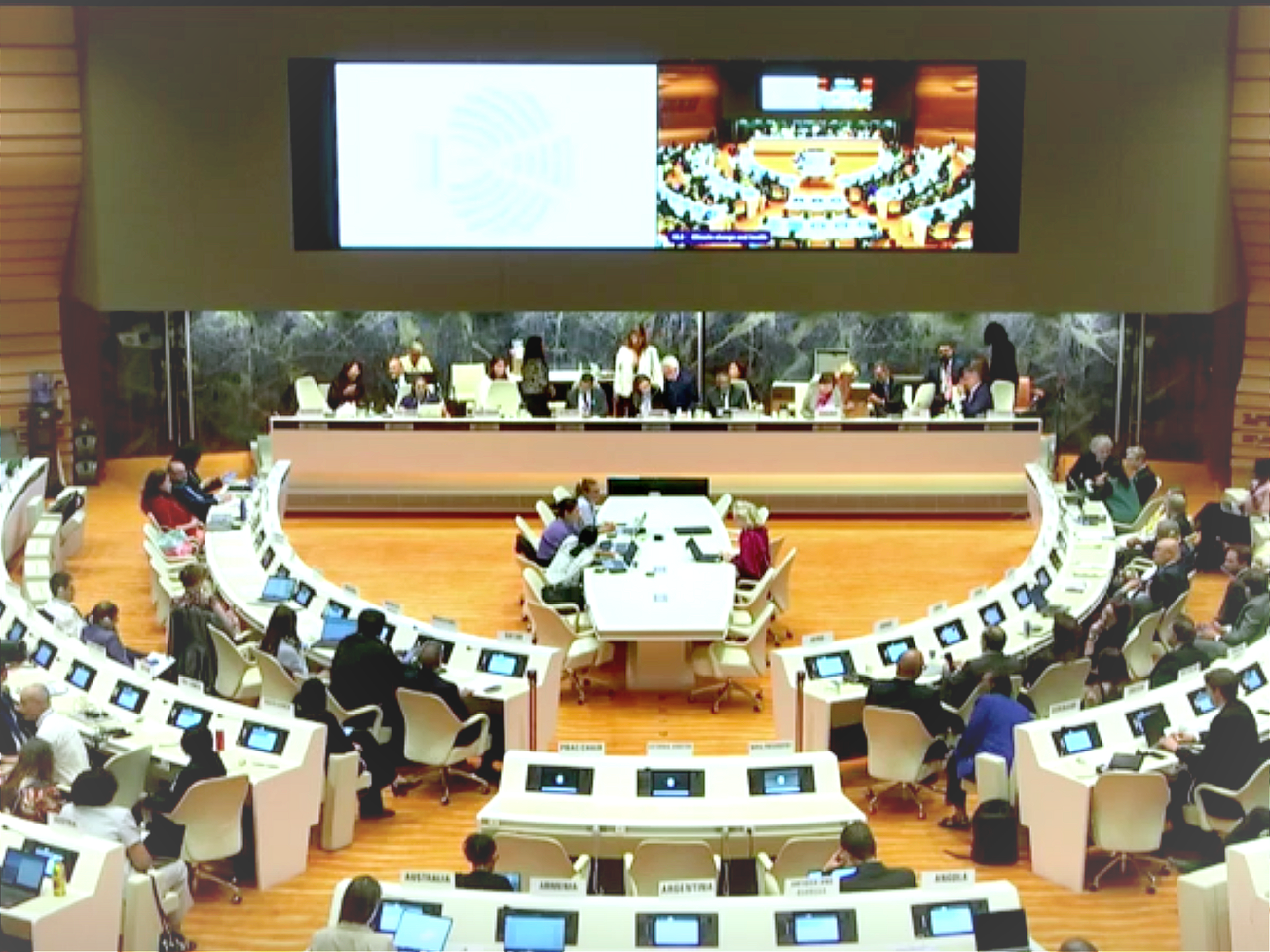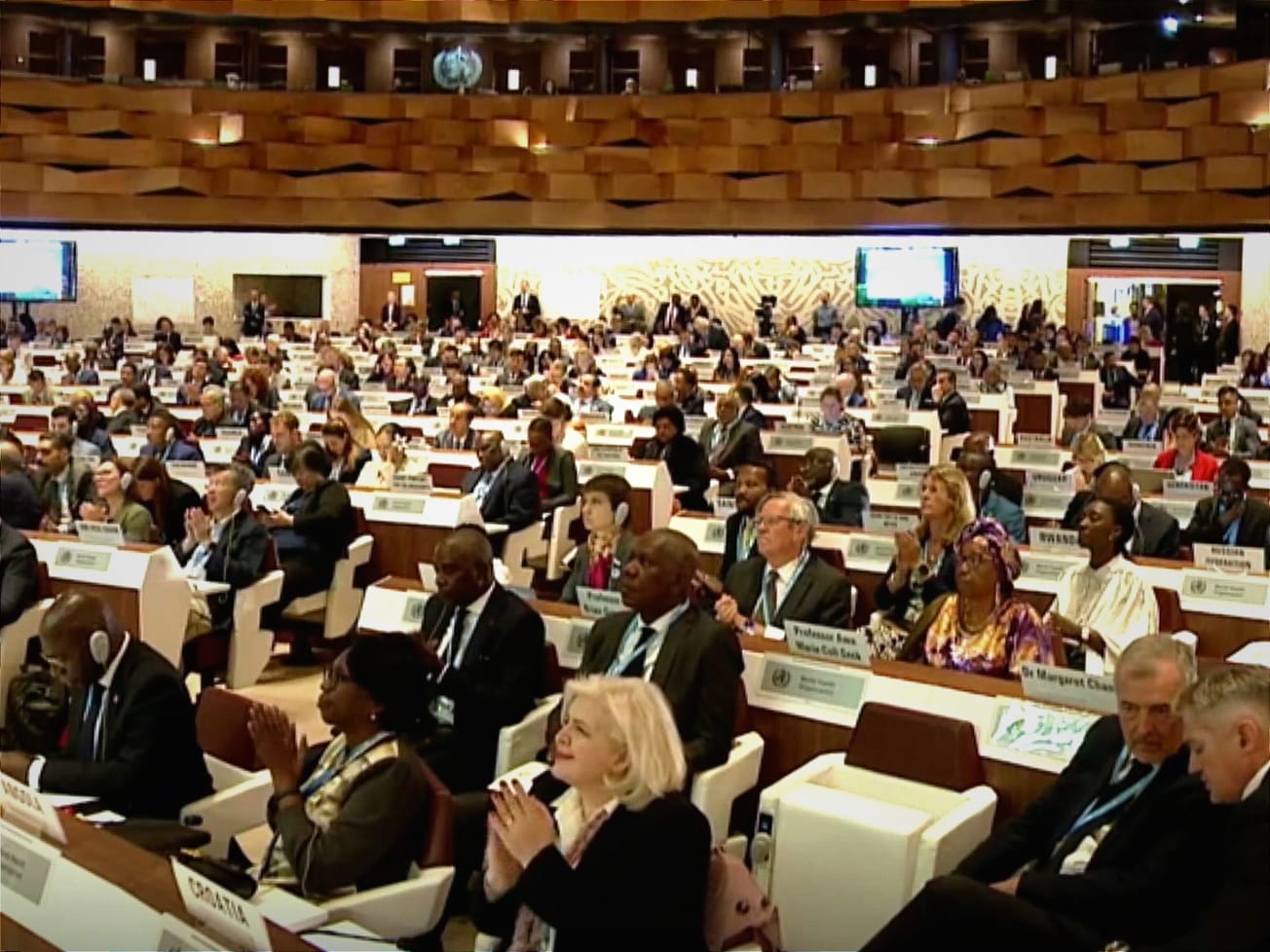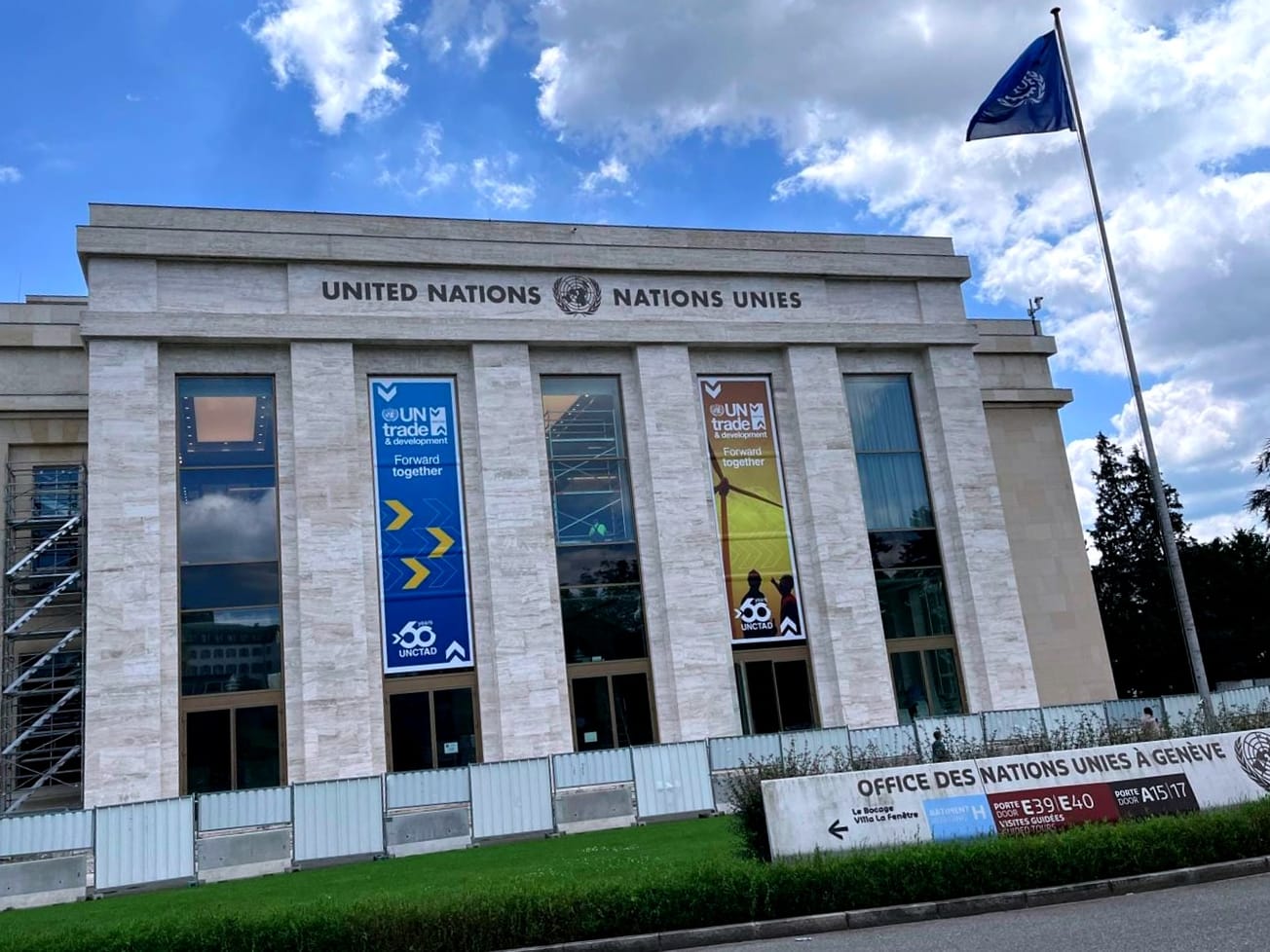GENEVA (AN) — Nations must prepare better for a world of increasing floods, droughts and other water-related disasters along with a growing lack of access to safe drinking water and sanitation that will affect 5 billion people by 2050, the U.N. weather agency reported on Tuesday.
The World Meteorological Organization said water-related hazards are on the rise due to climate change, yet most nations' water management systems are "fragmented and inadequate" to monitor, forecast and warn people against the risks.







